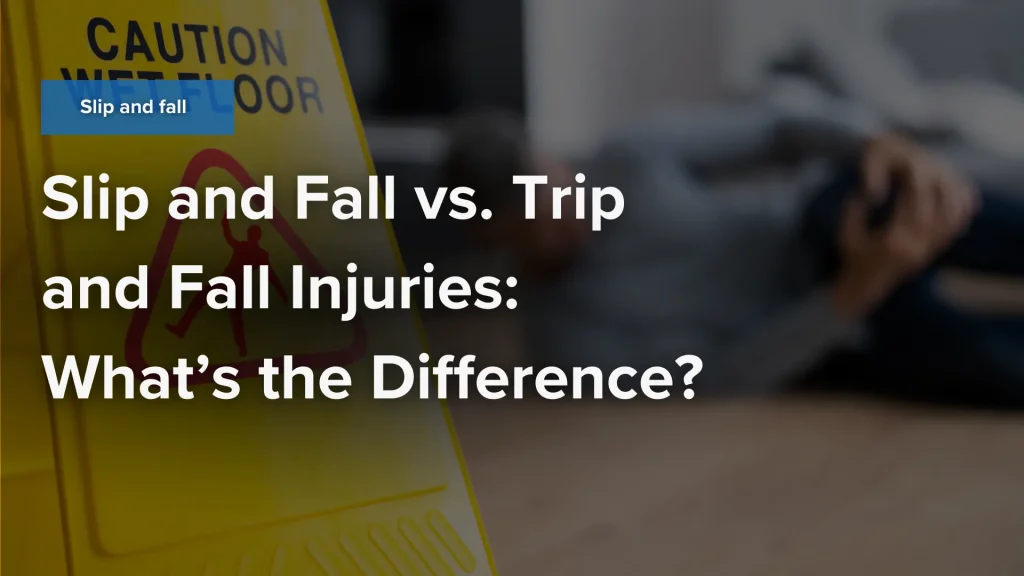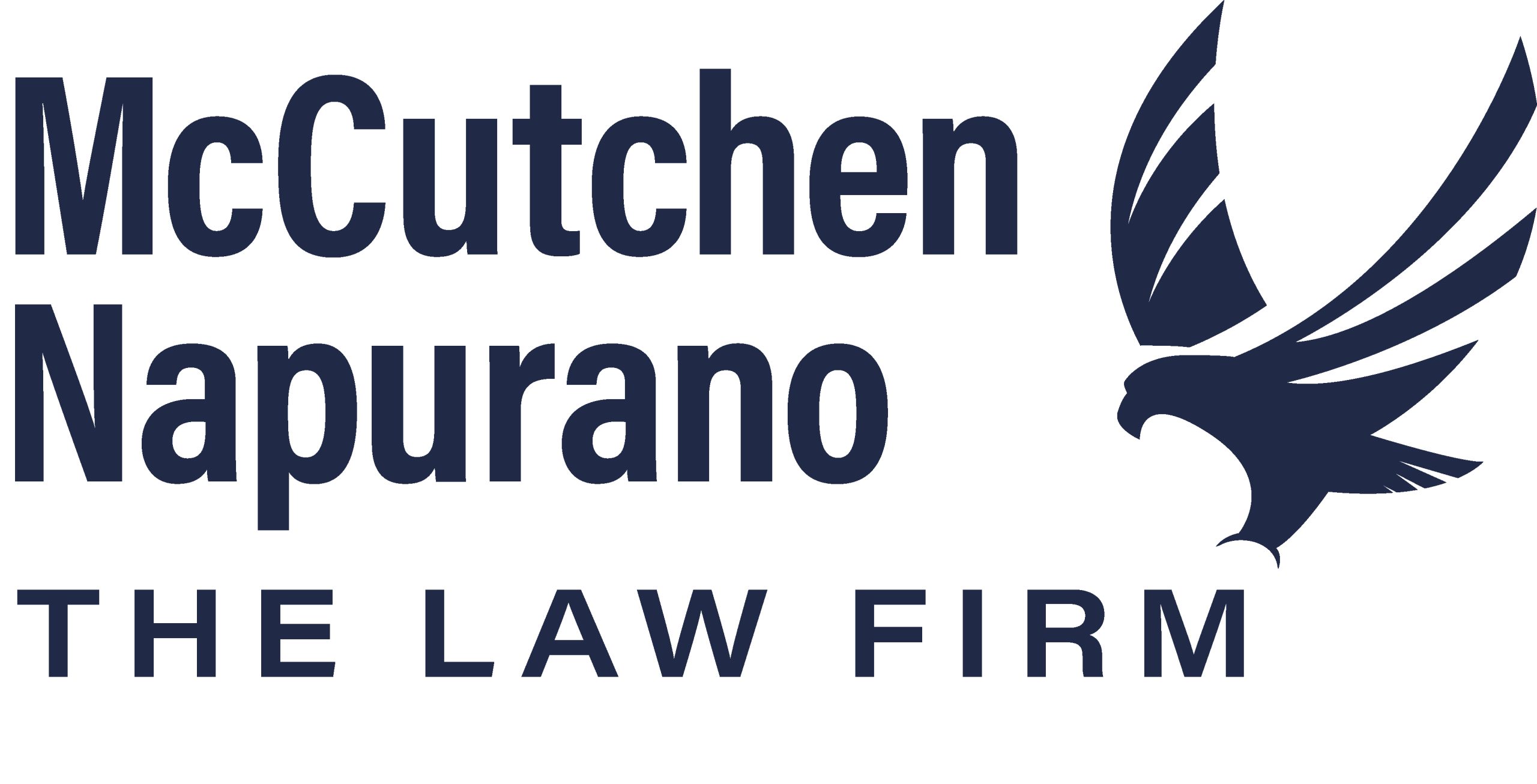Posted on Sunday, September 1st, 2024 at 9:00 am

“Slip and fall” and “trip and fall” sound very similar and often get used interchangeably. However, there are some key distinctions between the two terms. This is especially important in premises liability claims, where how an accident happened impacts whether an injured person can recover compensation.
What Is Premises Liability?
Premises liability is a legal concept that allows individuals to hold careless property owners responsible for injuries caused by unsafe or hazardous conditions on their property. It is a subset of personal injury law, and slip-and-fall and trip-and-fall claims are a subset of premises liability.
Under premises liability, property owners have a legal duty to maintain a reasonably safe environment for guests, visitors, and patrons. When a property owner knows or should reasonably know about an unsafe condition, does not take steps to fix the issues, and a visitor is injured, that visitor can hold the property owner financially responsible for their injuries and financial losses.
Common examples of premises liability cases may involve slip-and-fall and trip-and-fall accidents, inadequate building security, and dog attacks.
What’s the Difference Between Slip and Fall Accidents and Trip and Fall Accidents?
Trip and fall accidents occur when an individual catches their foot on something and falls forward. Catching your foot on an uneven step, under a rug, or on a loose cord are examples of an object or unsafe condition causing a trip and fall accident. By catching on an uneven surface or loose object, the object stops the foot from moving, but the person’s momentum continues to propel it forward. The result is a trip and fall incident.
A slip-and-fall accident happens a little differently. In a slip-and-fall incident, the person often slips and falls backward or straight down instead of forward. A slick or wet surface, uneven stairs, and other hazards typically cause slip-and-fall accidents. There is less traction as the person places their foot on the slippery surface. They lose balance, their foot comes out from under them, and they fall backward or straight down.
Does the Difference Matter?
The difference between slip and fall and trip and fall accidents can matter in a premises liability claim. In one situation, an accident victim falls forward, while in the other, they fall backward. As a result, they can result in significantly different injury patterns, impacting the severity of a person’s injuries and the resulting medical expenses.
The mechanism of the injury also matters when it comes to communicating your situation to insurers or the court. Many people use the terms interchangeably. However, aggressive insurers and opposing attorneys can twist the narrative on you, incorrectly exchanging one term for the other, accusing you of changing your story, and providing inaccurate details of the incident.
Calling a slip a trip may seem trivial, and vice versa. However, to insurers and property owners looking to avoid liability, questioning your version of events can save them money and prevent you from recovering the maximum compensation you deserve.
Trip and Fall Injuries
Trip and fall accidents are common in situations with uneven surfaces like sidewalk cracks and potholes. Tripping hazards can also include loose cords, torn carpets, rugs, and aisles cluttered with boxes or products. The most common injuries associated with tripping include:
- Traumatic brain injuries
- Broken bones, especially in the wrists and arms
- Foot injuries
- Soft tissue damage
- Lacerations
- Abrasions
- Contusions
- Sprains
Slip and Fall Injuries

Slip and fall accidents tend to cause different types of injuries because instead of falling forward and using their arms to break the fall, individuals fall backward or straight down, meaning the back, spine, and tailbone tend to take the brunt of the damage. Some common injuries associated with slip and fall accidents can include:
- Traumatic brain injury
- Neck and spine injuries
- Broken bones, especially tailbones, wrists, and arms
- Dislocations
- Contusions
- Sprains
- Strains
Contact a Premises Liability Attorney for Help
It can be challenging to keep these terms straight when you are in pain and dealing with severe injuries following an accident. Give yourself the best chance at recovering the compensation you need by contacting an experienced Fort Smith premises liability attorney for help as soon as possible.
At McCutchen Napurano - The Law Firm, we are ready to hold those in power, like careless property owners, accountable for their actions. Contact our office now at (479) 783-0036 to arrange a free legal evaluation and learn more about your rights.
Related Posts:
Will It Ever Be Too Late to File a Claim?




